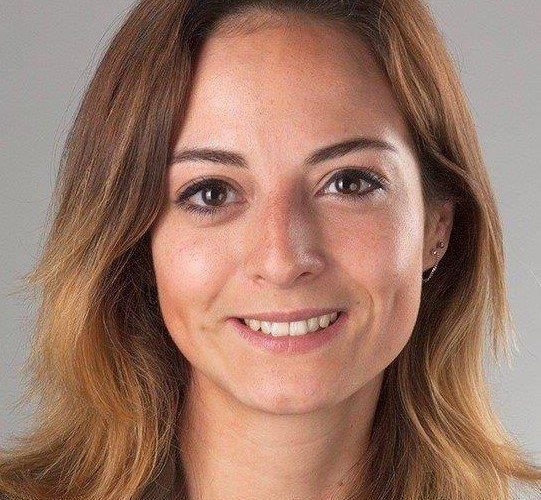Sepsis is a complex syndrome and so is its diagnosis. In order to improve sepsis diagnosis, research efforts should focus on combinations of diagnostic approaches, taking into consideration their changing performance in various phases of the disease, as was concluded Diana Verboom (UMC Utrecht) in her PhD research.
Accurate and fast diagnostic tests for sepsis are important to improve patient outcomes. Currently, there exists no perfect gold standard for sepsis diagnosis, which complicates the development of an adequate and consistent definition and treatment. This will lead to undetected cases of early sepsis, delayed start of adequate therapy and reduced chance of survival. The research described in the thesis of Diana Verboom (Julius Center for Health Sciences and Primary Care, UMC Utrecht ) focuses on novel diagnostic (molecular) approaches for critically ill patients with sepsis and bloodstream infections.
Verboom investigated the value of an often-used definition of sepsis (called ‘sepsis-3’) in 1582 intensive care unit (ICU) patients with a suspicion of infection. She found that the current definition lacks robustness and discriminatory ability since nearly all patients presenting to the ICU with suspected infection fulfilled its criteria. Criteria for sepsis should be specified in great detail and applied very consistently as it may occur that different researchers use different operationalizations of the same definition which significantly affects the apparent incidence.
This research also validated a novel, FDA-approved test (SeptiCyte LAB) that is based on 4 RNA genes. Verboom validated the bedside test in two ICU patient cohorts. In general, the diagnostic value of the test in more ‘real-life’ ICU-settings was limited compared to its performance in case-control studies. The test had a favorable sensitivity, but highly variable specificity for diagnosing sepsis in critically ill patients, and therefore may result in many false positives. To draw any conclusions on its clinical utility the test should be validated in prospective studies with clinical outcomes. Furthermore, its performance should be compared to other – established as well as novel- biomarkers.
Although it is recommended to obtain a blood culture within 1 hour of sepsis recognition (prior to start of antimicrobials), adherence in clinical practice is often suboptimal. Verboom studied in a before-after analysis the implementation of routine blood culture taking in a mixed ICU population. She found that there was a 50 percent increase (from 5.4 to 8.2 percent) of detection of blood stream infections (bacteremia).
Diana Verboom concludes: “Sepsis is a complex syndrome and so is its diagnosis. Therefore, advanced molecular diagnostics could help clinical decision making, but their development and validation are hampered by an imperfect reference standard, heterogeneity and a fast and dynamic disease evolution. Research efforts should focus on combinations of diagnostic approaches, such as improved pathogen detection, and frequent monitoring of clinical risk scores and biomarkers”.
This thesis was written within the framework of the Molecular Diagnosis and Risk Stratification of Sepsis (MARS) project. MARS is an observational study that was started in 2011 at UMC Utrecht and AMC Amsterdam. The study is still ongoing at UMC Utrecht, and currently includes approx. 12 000 patients. MARS aims to generate tools that provide rapid and accurate information about patients suffering from sepsis, including microorganism identification and the severity and stage of the immune response. These tools should be easy to use, preferably bedside, and provide rapid information on how to optimally treat individual patients. The MARS database contains clinical data and biorepository materials, including microbiology results, blood RNA tubes and daily plasma samples.
Diana Verboom (1990, Dordrecht) received her PhD on September 10, 2020 at Utrecht University. The title of her thesis was “Novel approaches for diagnosing sepsis in the critically ill”. Supervisors were prof. dr. Marc Bonten (Department of Medical Microbiology, UMC Utrecht) and prof. dr. Olaf Cremer (Department of Vital Functions, UMC Utrecht). As of February 2020, Diana Verboom works as an intern at the Internal Medicine department of Franciscus Gasthuis & Vlietland in Rotterdam.
